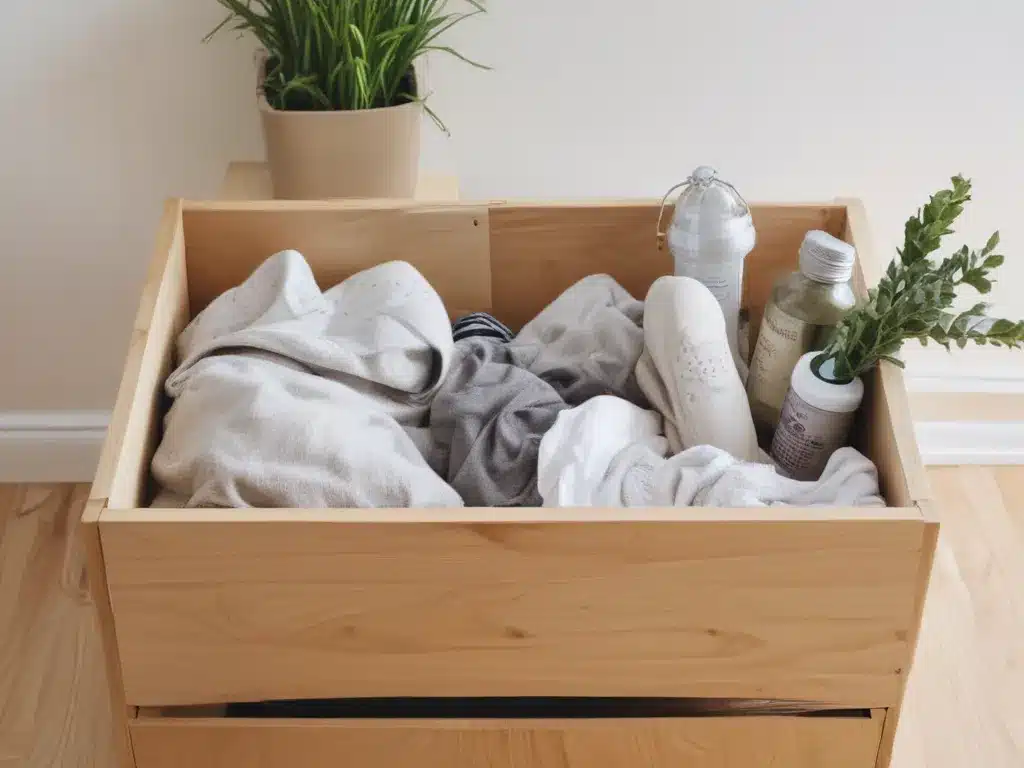Introduction
Clutter – the bane of our modern existence. It accumulates insidiously, creeping into our living spaces and mental landscapes, leaving us feeling overwhelmed and drained. But what if I told you that the simple act of decluttering could be a potent catalyst for personal wellness? In this comprehensive guide, we’ll explore how decluttering can transform not just your physical surroundings but also your emotional well-being.
The Psychological Impact of Clutter
Clutter has a profound impact on our mental state. It can contribute to feelings of anxiety, stress, and even depression. The constant visual stimuli of disorganized spaces can strain our cognitive resources, making it difficult to focus and think clearly.
The Stress Connection
Research has shown that clutter can increase cortisol levels, the hormone associated with stress. A cluttered environment bombards our brains with excessive stimuli, leading to a state of chronic stress. This, in turn, can have negative effects on our physical and mental health, including headaches, fatigue, and decreased productivity.
The Impact on Decision-Making
Clutter can also impair our ability to make decisions. When our surroundings are chaotic, our brains struggle to process information effectively, leading to decision fatigue. This can have ripple effects in various aspects of our lives, from personal relationships to work performance.
The Benefits of Decluttering
Decluttering is not merely about creating a visually appealing space; it’s a catalyst for personal growth and well-being.
Improved Focus and Productivity
By removing physical clutter, we free up mental space and reduce distractions. This can lead to improved focus, concentration, and productivity. With a clear and organized environment, we can devote our cognitive resources to the tasks that truly matter.
Increased Sense of Control
Clutter can make us feel overwhelmed and powerless. By decluttering, we regain a sense of control over our surroundings and our lives. This empowering feeling can boost self-confidence and overall well-being.
Enhanced Emotional Well-being
Decluttering can be a therapeutic process, helping us let go of emotional baggage and create space for new beginnings. It can alleviate feelings of guilt, regret, and attachment to material possessions, fostering a more positive and balanced mindset.
The Decluttering Process
Decluttering is not a one-time event; it’s a ongoing journey. Here’s a step-by-step guide to help you get started:
Step 1: Assess and Prioritize
Before diving in, take a moment to assess the areas in your life that require decluttering. Prioritize the spaces that have the most significant impact on your daily routine and well-being.
Step 2: Create a Plan
Develop a decluttering plan that aligns with your priorities and goals. Set realistic timelines and break the process down into manageable tasks to avoid feeling overwhelmed.
Step 3: Embrace the “One-In, One-Out” Rule
To prevent future clutter accumulation, adopt the “one-in, one-out” rule. For every new item you bring into your space, make a conscious effort to let go of something you no longer need or use.
Step 4: Seek Support
Decluttering can be an emotional and challenging process. Don’t hesitate to seek support from friends, family, or professionals if you find yourself struggling with letting go or feeling overwhelmed.
Decluttering for Specific Areas
While the general principles of decluttering apply across various spaces, certain areas may require specialized strategies.
The Kitchen
The kitchen is often a hub of clutter, with expired items, unused gadgets, and duplicates accumulating over time. Start by clearing out your pantry, refrigerator, and cabinets, discarding or donating items you no longer use or need.
The Closet
Clothing clutter can be particularly challenging to tackle, as we often have emotional attachments to our garments. Consider implementing the “one-year rule” – if you haven’t worn an item in a year, it’s time to let it go.
The Home Office
A cluttered home office can hinder productivity and creativity. Organize your workspace by creating designated zones for different tasks and regularly purging unnecessary documents, files, and office supplies.
The Garage or Attic
These spaces often become catchalls for items we’re not sure what to do with. Be ruthless in your decluttering efforts, and consider hosting a garage sale or donating items in good condition to local charities.
Maintaining a Clutter-Free Life
Decluttering is not a one-time event; it’s a lifestyle choice. To maintain a clutter-free environment, cultivate these habits:
- Regularly evaluate your possessions and let go of items you no longer need or use.
- Practice mindful consumption by asking yourself if you truly need something before making a purchase.
- Embrace minimalism and prioritize experiences over material possessions.
- Develop a system for organizing and maintaining the items you choose to keep.
Conclusion
Decluttering is not just about creating a visually appealing space; it’s a powerful tool for personal growth and well-being. By embracing decluttering as a lifestyle, you can unlock a sense of freedom, clarity, and control that positively impacts every aspect of your life. Remember, the journey to a clutter-free existence is ongoing, but the rewards are well worth the effort.







